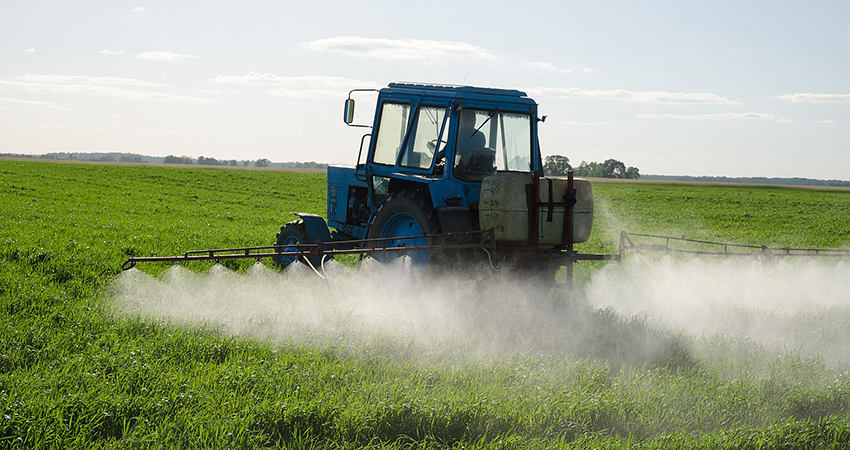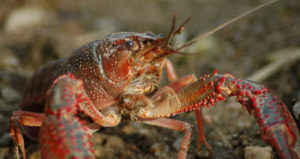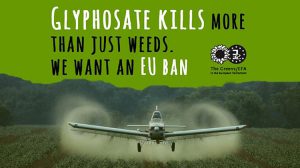Commission stands by proposal to halve chemical pesticides use

-
 Fergal MacErlean
Fergal MacErlean
Share article:
Pesticides in Europe will be reduced. Moves towards an effective pesticide reduction policy in the EU have been strengthened by the European Commission’s unwavering position, announced on 5 July, in the face of pressure to water down proposals.
In June 2022, the European Commission adopted proposals for a new Regulation on the Sustainable Use of Plant Protection Products, which includes the new Sustainable Use of Pesticide Regulation (SUR). This proposal targets a reduction in the use of chemical pesticides by 50% by 2030, in line with the EU’s Farm to Fork and Biodiversity strategies. Integrated Pest Management – an environmentally friendly control system – was promoted with the use of chemical pesticides to be used only when other methods had failed.
Major step
Agriculture is considered the greatest contributor to pesticides in surface water and in groundwater. A EurEau position paper described the legislative proposal as ‘a major step in the right direction’. EurEau, the European federation of national associations of water services, said the “Commission proposal is the response to a Sustainable Use of Pesticides Directive that failed to deliver tangible results with plant protection products continuing to put the health of people and the environment at risk.” EurEau also noted in June that ‘unfortunately, the overall approach of many MEPs remains unchanged, and they are weakening the SUR as much as possible by making many requirements voluntary’.
Opponents
However, these plans met with condemnation from the pesticide lobby, big-ag, and some Member States. A formal request to the European Commission for additional data to complement the SUR impact assessment was made at a meeting of the EU Energy Council last December. This was viewed by some as an attempt by the Council to stall the legislative process.
Guarantee food security
On 5 July the Commission published additional data complementing the SUR impact assessment that was requested by the European Council. At a press conference Executive Vice-President Frans Timmermans said: “Our reply makes clear how to deploy alternatives to chemicals in practically no time. The study also shows that our proposal to cut the use and risk of chemical pesticides in half will help guarantee our food- and feed security.”
Ecological pest management
Sarah Wiener, Greens/EFA MEP and European Parliament rapporteur on the Sustainable Use of Plant Protection Products Regulation in the Committee for Environment and Public Health, said: “The additional data presented by the Commission show what we already knew: reducing the use of chemical pesticides will not threaten our food production. Instead it is necessary to implement sustainable pest management practices to protect human health, ecosystems, biodiversity and the health of our soils. Integrated Pest Management must finally be widely adopted and applied across the EU, as it offers a full toolbox of options that can be exhausted before resorting to chemical pesticides. Agro-ecological and organic alternatives reduce farmers’ dependence on large pesticide companies and provide sustainable yields in biodiverse ecosystems. Now that the Commission has provided the requested data, there is no longer any reason for some Member States and the EPP to block progress on the Sustainable Use of Plant Protection Products Regulation.”
Key pressure on water
According to the European Environment Agency pesticides are one of the key pressures on Europe’s waters. In a report in 2021 the European Environment Agency (EEA) charted the biggest water challenge to help prioritise to help prioritise the main issues that should be tackled. Measures such as reducing the amount of pesiticides will be of great importance.













